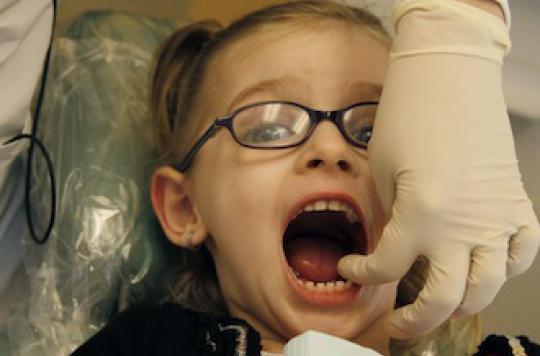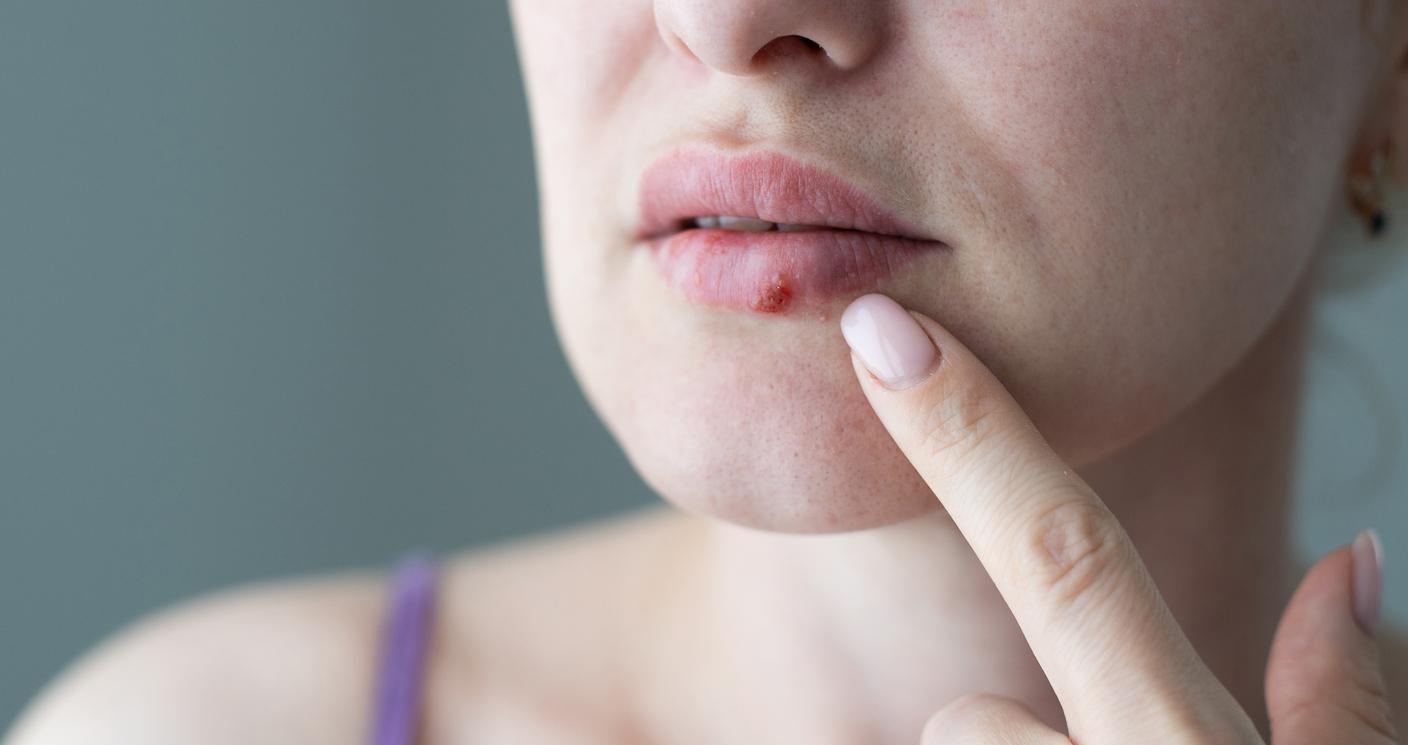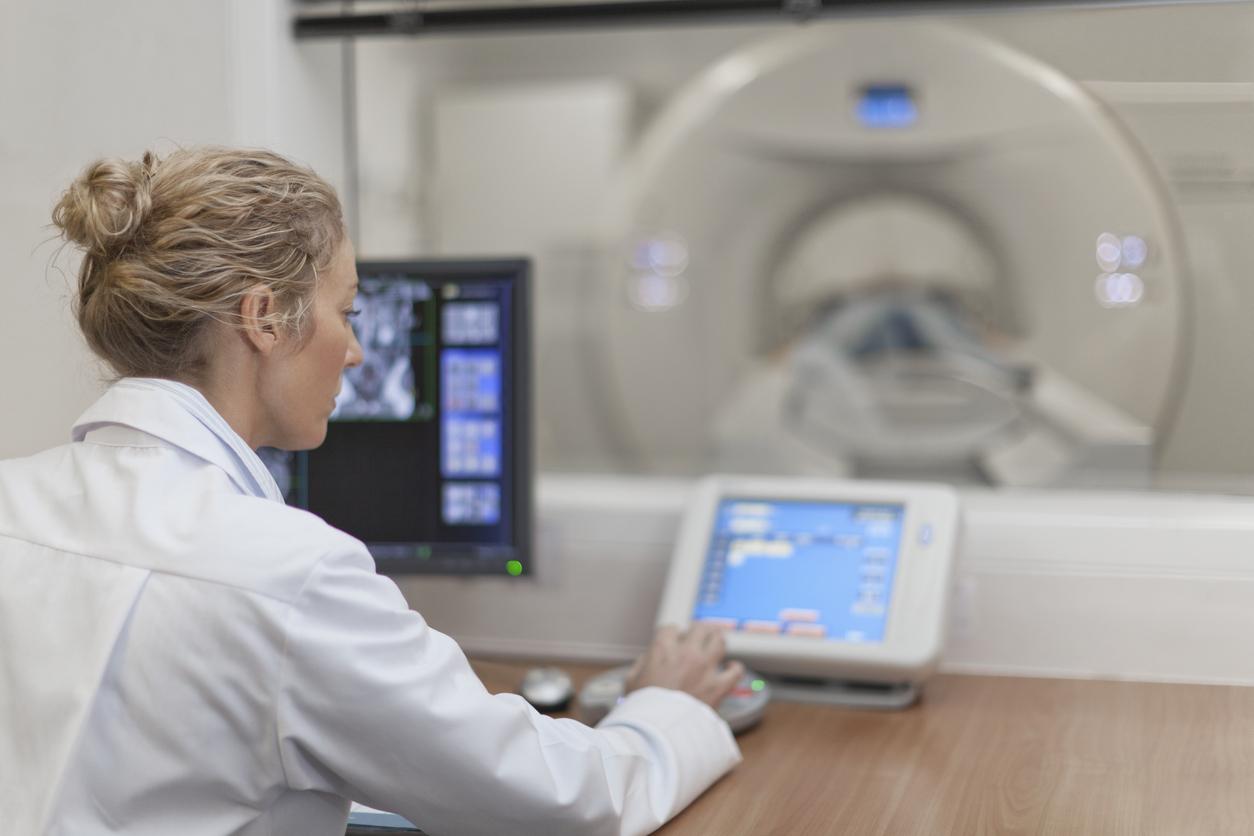Understanding how the brain reacts to the sounds of the dentist’s roulette wheel may help put patients more at ease.

If the sound of a dentist’s wheel gives you a cold sweat, this article may interest you. In particular, if you want to know what is going on in your brain when you hear this noise so little … comforting. A Japanese study focused on the influence of noise from dental instruments on neuronal activity.
To do this, Hiroyuki Karibe, from Tokyo Dental University, asked a group of 21 women and 13 men between the ages of 19 and 49 to indicate how much they feared going to the dentist. Based on the results, the study author classified these people into two groups: those who are very scared of the dentist and those who have little or no apprehension. “The researcher then placed the participants in a functioning MRI machine while passing them a series of sounds, including the sounds of dental rollers piercing, and suction devices,” says the English daily The Guardian which reports the discovery.
“All the participants were isolated in the MRI when we broadcast the different noises to them, so we couldn’t know [de quelle manière] they reacted to sounds. But we were able to observe their different reactions thanks to the activity of their brain “, explained Professor Karibe during the” Society for Neuroscience Meeting (The Association for Neuroscience Conference) which took place in San Diego on Sunday.
Very different neural responses
And this study showed that people who were unafraid to go to the dentist had very different neural responses to sounds from dental instruments than those who were very anxious about going to the dentist.
In the former, the noises of dental materials made “the upper right and left temporal gyrus particularly react” (place of the primary hearing zone) as noted by Guardian. In contrast, in dentist phobic, the noises of dental materials caused “a reaction in a region called the left caudate nucleus”, which plays a major role in memory and learning.
This study therefore sheds light on the differences in reaction in people terrified of dentists – where noise causes an area of memory to react which “could play a role in learning and remembering the noises of dental tools” , emphasizes the English daily and could revive bad memories – and people who are not afraid of it – where noise reacts in an area linked to hearing. The participant understands what the sound is, but does not have a particular feeling about this noise. It remains to be understood why these cervical areas react in this way, and therefore why some patients are more afraid of the dentist than others.
However, the results will be useful: “We believe that these findings can be used to judge the effectiveness of interventions such as behavior therapy for patients who have a very strong fear of dental treatment”, explained Professor Hiroyuki Karibe. Perhaps a first step in curing those who are allergic to the dentist.
.
















